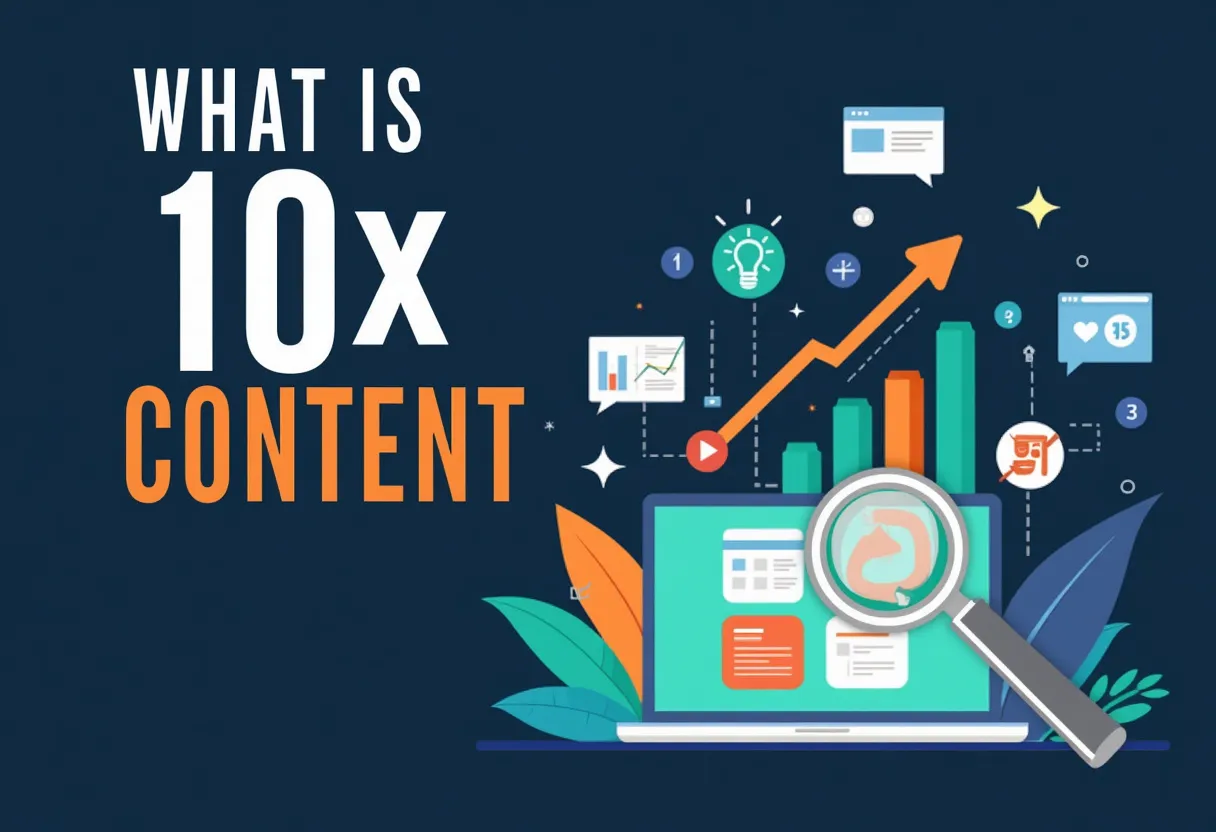Definition
What is Natural Language Processing (NLP) in SEO?
Natural Language Processing (NLP) in SEO is a branch of linguistics and artificial intelligence that enables computers to understand, interpret, and generate human language. In the context of SEO, NLP helps search engines like Google to comprehend the context and intent behind user search queries, rather than just focusing on individual keywords. This technology allows search engines to analyze large volumes of text, establish relationships between words, and understand the semantic meaning of content.
How It Works
Function and Concept:
Understanding Context:
NLP uses algorithms, such as Google’s BERT (Bidirectional Encoder Representations from Transformers), to analyze the context of search queries and content. BERT considers the entire context of a sentence, not just individual words, to understand user intent more accurately.
Entity Recognition:
NLP identifies and evaluates entities (words or phrases representing tangible objects like people, places, or things) within the text. This helps in categorizing content and matching it to relevant searches.
Salience and Category:
NLP assigns a salience score to entities, indicating their importance within the text. Categories are also identified to classify content into subject areas.
Sentiment Analysis:
NLP analyzes the sentiment or emotional tone of the content to better match user queries with relevant and satisfying search results.
Practical Use Cases:
Optimizing Content:
By understanding user intent, NLP helps in creating content that directly addresses user needs and questions, improving the relevance and visibility of web pages.
Semantic Analysis:
NLP enables search engines to understand the relationships between words and phrases, allowing for more accurate matching of content to search queries.
Voice Search and Advanced Queries:
NLP is crucial for handling voice searches and complex queries by interpreting natural language patterns and context.
Why It Matters
Importance in SEO:
Improved Search Results:
NLP enhances the accuracy and relevance of search results by understanding the context and intent behind user queries, leading to a better user experience.
Competitive Advantage:
Implementing NLP strategies can give websites a competitive edge by providing content that more closely matches user intent, thereby improving rankings and organic visibility.
Adaptation to Algorithm Changes:
As search engines continue to evolve, incorporating NLP into SEO strategies helps websites adapt to algorithm changes, such as those introduced by Google’s BERT algorithm.
Impact on Website Performance:
Increased Traffic:
By creating content that aligns with user intent, websites can attract more relevant traffic and improve their visibility in search engine results pages (SERPs).
Enhanced User Experience:
NLP-driven content is more likely to satisfy user queries, leading to higher engagement and lower bounce rates.
Best Practices
Recommended Methods and Strategies:
Focus on Search Intent:
Understand and categorize user queries into informational, transactional, navigational, or commercial investigation intents to tailor content accordingly.
Include Related Entities:
Incorporate relevant entities in content to help search engines understand the context and depth of the topic, improving categorization and expertise demonstration.
Semantic Keyword Inclusion:
Use semantic keywords to expand organic visibility and show expertise on the subject. Ensure these keywords are used naturally within the content.
Question-Answer Formats:
Use question-answer formats to educate users and provide comprehensive coverage of topics, which can also help in getting listed in AI summary searches.
High-Quality Content:
Create well-written, readable, and logical content that addresses user needs and questions directly. Use tools like Google’s NLP API Demo to analyze and improve content.
Sentiment and Context Analysis:
Analyze the sentiment of your content and ensure it aligns with the context and intent of user queries. This can involve looking at the emotional tone and relevance of the content.
Tools and Resources:
Google’s NLP API Demo:
Use this tool to analyze text and identify areas for improvement in terms of SEO and NLP.
BERT Algorithm Analysis:
Analyze content from top-ranking pages to understand how BERT evaluates context and entities, and optimize your content accordingly.
Related Terms
To expand your understanding and application of NLP in SEO, familiarize yourself with related terms such as AI-Generated Content Optimization, AI-Powered Content Analysis, Conversational AI Optimization, Latent Semantic Analysis (LSA), Latent Semantic Indexing (LSI), Latent Semantic Indexing (LSI) Keywords, Natural Language Understanding (NLU), Semantic Content Optimization, and Sentiment Analysis for SEO.
Conclusion
Natural Language Processing (NLP) is transforming the way search engines understand and interpret user queries, leading to more accurate and relevant search results. By incorporating NLP into your SEO strategies, you can enhance your website’s visibility, attract more relevant traffic, and provide a better user experience. Understanding the importance of context, intent, and the relationships between words is crucial for optimizing your content in today’s search landscape. Utilize tools and best practices to stay ahead of algorithm changes and maintain a competitive edge in your SEO efforts.



